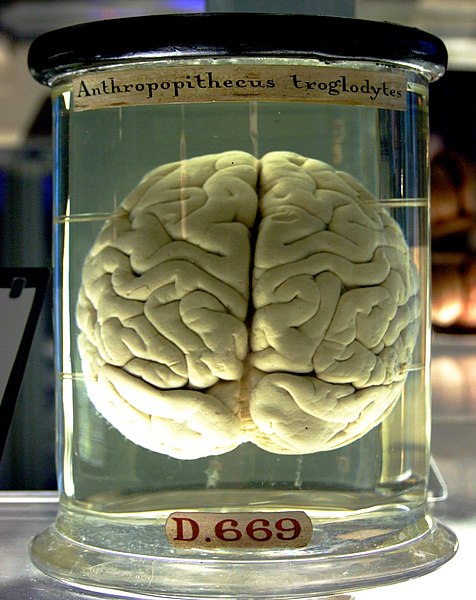"Hahaha, you're stupid..." said Ian, my cousin-in-law, mocking my attitude of "How can you not know that?" when we were playing an American history trivia game. I was about 21 at the time.
"Musk oxen are very closely related to goats...." I told my mother-in-law last night. "I thought it was elk..." she said. Later: "I looked it up; you were right..."
I don't expect people to know the phylogenetic tree of musk oxen (or even what a phylogenetic tree is.) I don't expect them to know how to solve a differential equation, ordinary or otherwise.
But what can I expect them to know?
Everybody gets frustrated by the ignorance of others. It's human. We expect a normal, capable human to know certain things.
But when is that expectation too high or too low?
It's something that I've been thinking about with respect to politics. Very often politics involves numbers and math. For example, a big scare tactic right now is that, apparently, Obama cut something like "$700 billion from Medicare."
But a cursory search of the internet reveals that the amount spent on Medicare is about $480 billion per year.
It should raise tremendous red flags that the scale of those two things do not match. How can you cut $700 billion from a budget of $480 billion? Did Medicare get sucked into a black hole?
These aren't differential equations, ordinary or otherwise. Or even calculus. Or even trigonometry.
That's good, old-fashion, adding, subtracting, this-number-is-bigger-than-that arithmetic.
How can we have an intelligent discussion on the national level on things like the deficit if people are bamboozled by arithmetic? How can we intelligently compare the current national fiscal situation to previous periods? How can we discuss the Eurozone crisis?
None of these things should be, at the base level, more complicated than learning a little history and basic algebra.
But if people can get confused from statements like "Obama cut $700 billion from Medicare," then how can we have a discussion on these more complex issues?
Is this a failing of democracy? I note that a lot of democracies have had huge financial problems. In fact, financial collapse seems to be a major driver of the fall of democracies.
I don't know, but it's something I wonder a lot.

But history is always fraught by who writes it. And if you think there was no Holocaust, then one's whole mindset is different. BTW: The Crucifixion of Jews Must Stop! is an article by [former NYS governor Martin] Glynn that appeared in the October 31, 1919, issue of The American Hebrew lamenting the poor conditions for European Jews after World War I. Glynn referred to these conditions as a potential "holocaust" and asserted that "six million Jewish men and women are starving across the seas". Because of these coincidences, the article has been exploited by Holocaust denial groups.
ReplyDeleteHuh, it was published in the Albany Times Union originally, at least according to this:
ReplyDeletehttp://www.codoh.com/library/document/871
It's weird to me that Wikipedia calls this a "coincidence."
I just read it and to me it seems like what Glynn was describing was what he saw as clockwork human behavior. He was predicting a holocaust based on previous knowledge of history and current events (e.g. the incident in Proskunoff, or, as I just learned, "Proskunov.")
I wonder who we would make the scapegoats today. Probably not a race or a religion, I'd guess. I'd guess it would be the mentally ill.
Not surprising. Glynn was a writer, and eventually an editor and publisher of the TU.
Delete